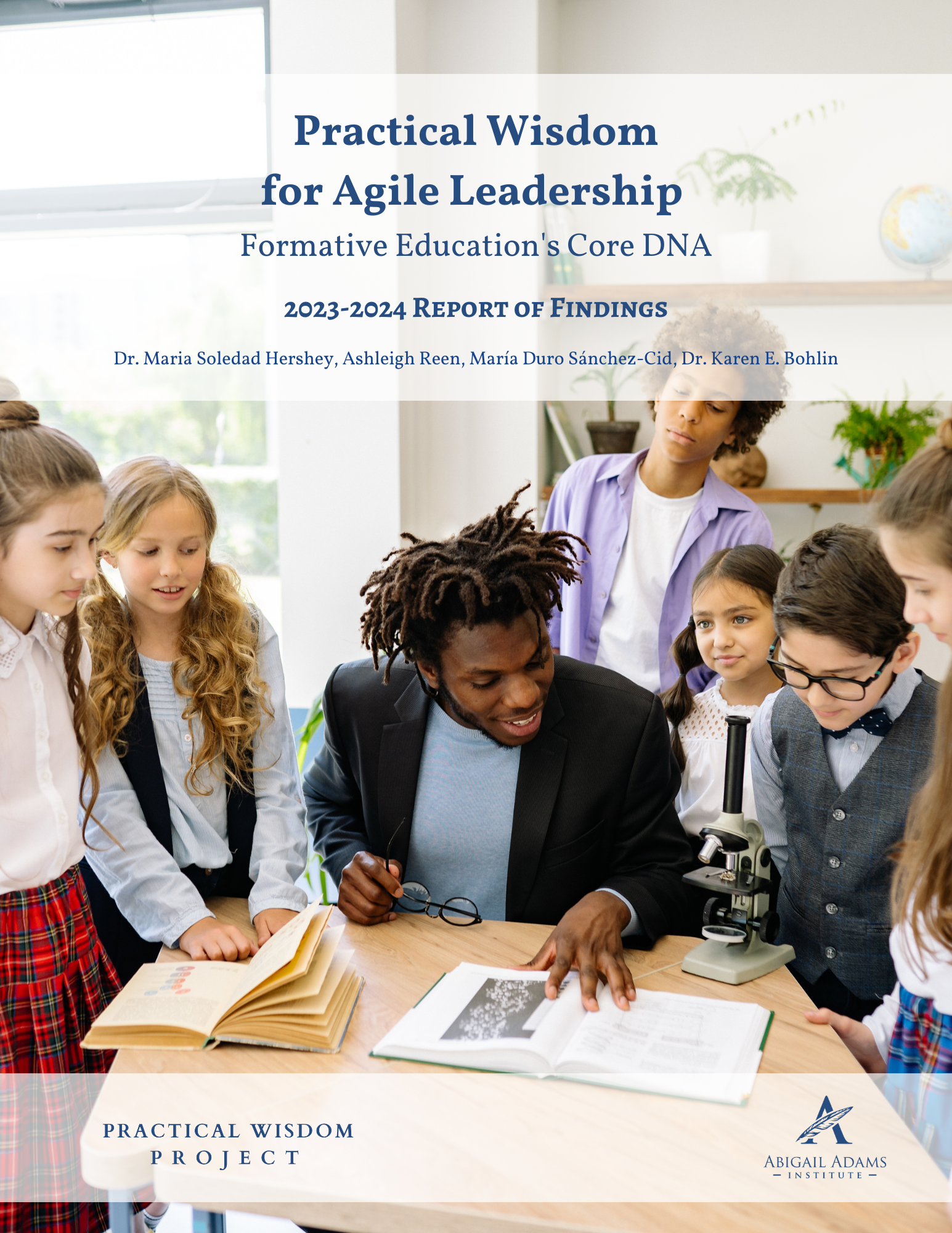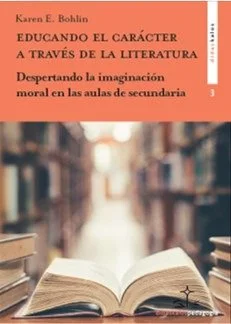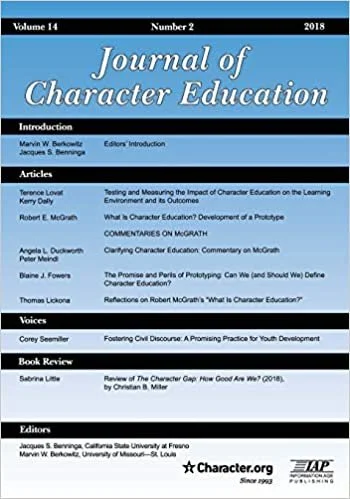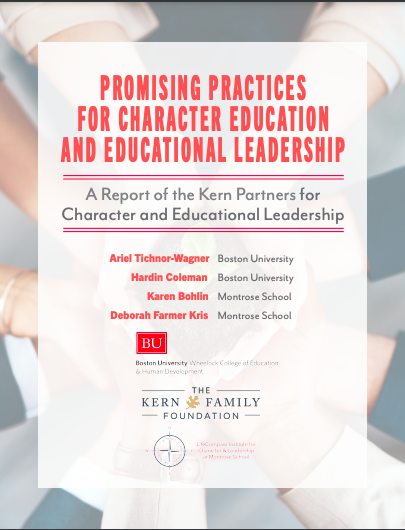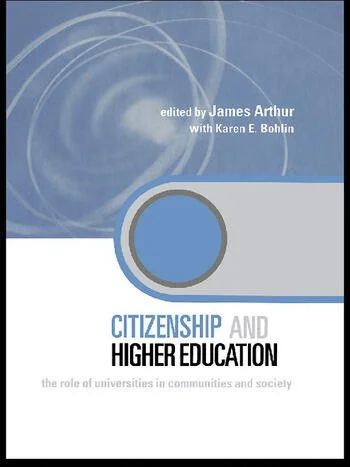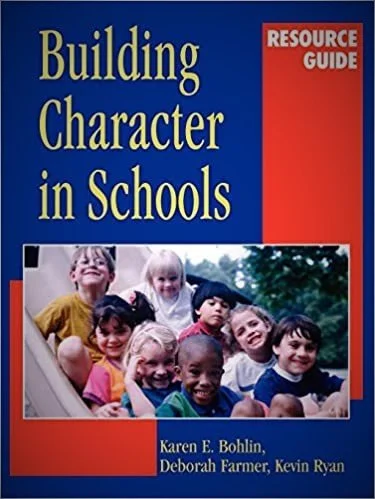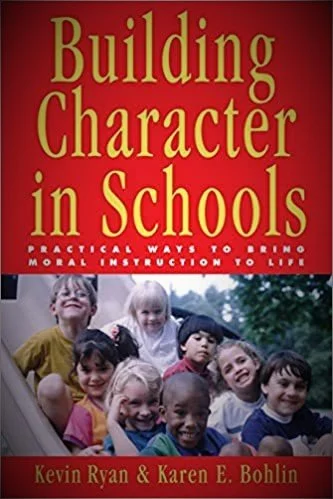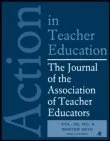
Explore Karen’s writing on a range of topics including practical wisdom, applied phronesis, courageous dialogue character education, educational leadership and more.
A Door to the Interior Life: Poetry as a Practice of Leisure
Essay for the Fall 2025 Edition of the Institute for Social Concerns at the University of Notre Dame.
Ngozi M Nnamani, M., Hershey, M. S., Anthony, C., Pacheco, M., & Bohlin, K. E. (2025). “From concept to capacity: Evidence of school leaders activating the four functions of Phronesis.” Journal of Moral Education, 1–18. https://doi.org/10.1080/03057240.2025.2528813
This exploratory, pre-experimental mixed methods study investigates whether a seven-month executive education program can support the development of practical wisdom (phronesis) among K–12 school leaders. Grounded in an applied leadership framework and situated within a community of practice, the program supported collaborative reflection, ethical deliberation, and structured leadership practice.
What If Wisdom, Not Willpower, Is the Answer?
October 28, 2025. The Abigail Adams Institute
Bohlin KE. “Educando el Carácter a Través de la Literatura”. Didaskalos; 2020.
Bohlin KE. “Virtue: An Argument Worth Rehearsing”. Journal of Character Education. 2014. v10 n1 p53-59.
See Karen Bohlin's chapter "Educating the Heart: Why Poetry Matters" in Educating Character Through the Arts (Routledge, 2023).
Bohlin, K. E. (2022). “The Practical Wisdom Framework: A Compass for School Leaders”. Journal of Education, 202(2), 156-165. https://doi.org/10.1177/00220574211028828
This article explores the importance of practical wisdom for educational leaders who face complex situations requiring balancing competing values. Leaders must consider justice and fairness alongside mercy and compassion, and balance policy compliance with flexibility for special cases. This article introduces the Practical Wisdom Framework (PWF), a theoretically grounded framework, which can assist school leaders in their desire to create and sustain formative institutions.
Whitlock B and Bohlin KE. Courageous Dialogue Toolkit. LifeCompass Institute for Character & Leadership; 2021.
Would you like to build bridges rather than fences? Are you preparing for a meeting fraught with conflict? Consult the Courageous Dialogue Toolkit: Practical Wisdom for School Leaders--and all leaders, including parents and CEOs. One powerful application of the Practical Wisdom Framework™ this Toolkit equips students to explore the courage of their convictions, honor a plurality of viewpoints in our changing world and develop the virtues and skills needed to meet each person with dignity
Promising Practices for Character Education and Educational Leadership. How can approaches to character education be systematically developed and integrated into educational leadership programs and PK-12 schools? How do we know that these approaches are leading to desired improvements? These questions were at the heart of the yearlong work of the Kern Partners for Character and Educational Leadership (KPCEL). The purpose of this report is twofold: to share promising practices that higher education and ed leadership participants have successfully adapted to local contexts; and to share the improvement science processes that guided their development and implementation.
Stress Tests of Character by Deborah Farmer Kris and Karen Bohlin explores the question: What do we do — and who do we become — in the face of stress? When confronted with challenges, how do we reframe them as opportunities for growth? This interdisciplinary resource guide draws on the power of story across the curriculum to inspire students with the practical wisdom they need to navigate stress tests with courage and resilience.
Happiness and Virtue edited by Kevin Ryan, Bernice Lerner, and Karen Bohlin and Osamu Nakayama, Shujiro Mizuno, and Kazunobu Horiuchi. These essays from Japanese and American authors examine 9 essential virtues shared by both Eastern and Western cultures. Rich in wisdom, wit and story, each chapter illustrates that the virtues associated with living a good life know no national boundaries. It is the sincere hope of the editors and authors that this book will help its readers re-examine the timeless question of what constitutes true happiness and how it can be realized in a globally and socially responsible manner.
This report presents the findings of the Practical Wisdom for Agile Leadership (PWAL) Executive Education Program for K-12 school leaders from November 2023 to May 2024.
An exploratory report demonstrating the impact of the Practical Wisdom for Agile Leadership (PWAL) program for K-12 school leaders from November 2022 to May 2023.
Bohlin K. “Teaching Character Education through Literature: Awakening the Moral Imagination in Secondary Classrooms”. Routledge; 2005.
An illuminating guide for secondary and post-secondary teachers of literature teachers, this book is organized in two parts: 1) Narrative & Moral Agency: an account of the schooling of desire and 2) Case Studies in Character: annotated passages and questions designed to awaken students' moral imagination and prompt ethical reflection on the protagonists' motivations, aspirations, and choices.
Citizenship and Higher Education. What are the obligations of the university to society and its communities? What are the virtues of university education? What are the university's ethical responsibilities to its students? The role of citizenship and civic responsibility in higher education is a highly contested yet crucial element of any consideration of the role of university in society. This book offers thoughtful insights, outlining the intellectual and practical tensions and pressures which come to bear upon higher education institutions. Wide ranging in scope, it offers perspectives from British, European, Canadian and North American educational environments.
Great Lives, Vital Lessons: A Character Education Curriculum Resource for Grades 5-8. This collection of engaging lessons features short biographical narratives from figures in history that will enrich any language arts, social studies or science unit. Fifteen great lives from Confucius to Anne Frank bring character strengths such as diligence, responsibility and integrity to life in the context of a story. Written by educators for educators, each lesson includes student activities, questions to guide reflection and discussion, and narrative hooks to capture the imagination.
Building Character in Schools Resource Guide offers educators a practical handbook for developing, assessing, and strengthening character education in schools. It’s filled with real-life examples--both successful and unsuccessful--of character education efforts. This Resource Guide is a powerful tool for in house professional development..
Building Character in Schools: Practical Ways to Bring Moral Instruction To Life. is a blueprint for educators serious about creating a transformative educational experience for students–one that shapes mind, heart and character. Each of the seven chapters charts a theoretically grounded but enormously practical course for shaping a vision of character education for flourishing, engaging all of the adults faculty, staff, and parents, building a strong culture and community, helping students’ take ownership; and making distinctions among and between virtue, values and views in our pluralistic society. The appendix is full of abundant resources from schools, sample lessons and units and more
Emily Nielsen Jones, Karen Bohlin & Kevin Ryan.
Character Education Partnership, 1999, Washington DC



